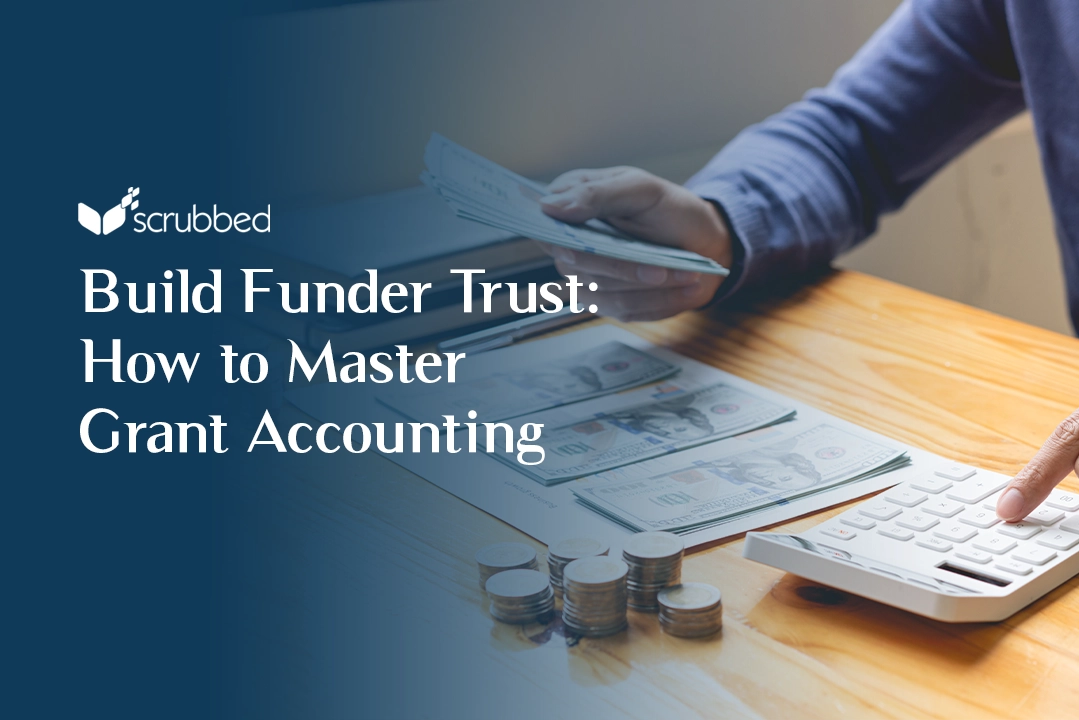The multifamily sector is facing major regulatory changes. From new HUD rules and FASB/GAAP updates to growing investor scrutiny around sustainability impacts and risks, regulatory requirements are becoming harder to navigate. At the same time, tighter margins and a tough lending environment are putting more pressure on financial operations.
In response, many multifamily firms are turning to outsourced accounting partners to help streamline compliance processes, strengthen reporting, and improve cost control. Outsourcing is a strategic approach to building resilience and staying competitive in a more demanding market.
Why compliance is getting harder
Evolving regulations are nothing new for multifamily property managers, but right now, they’re happening on multiple fronts, including HUD changes and ongoing updates to FASB/ GAAP rules. On the ESG front, reporting expectations are no longer optional. Investors and lenders expect property owners to track, disclose, and back up their environmental risk management, social impact, and governance practices with solid data.
Missing a deadline or misinterpreting a rule can lead to lost funding, investor lawsuits, or serious damage to a company’s reputation. With tighter margins and capital harder to access, the risks are higher than ever for multifamily businesses.
Keeping up with all the regulatory changes and ensuring that financial operations and reports are accurate and compliant takes a skilled accounting team with in-depth knowledge, integrated systems, and the ability to produce accurate data on short timelines. And the truth is that many in-house teams are stretched thin and simply don’t have the capacity to do it all.
Where outsourced accounting fits in
For many in the multifamily sector, the answer is to partner with an outsourced accounting team.
Outsourcing has long been an option, of course, the growing number and complexity of HUD regulations, FASB updates, and sustainability impact and risks management requirements makes expert support and advice more valuable than ever. The evolving regulatory landscape demands specialized knowledge that can be difficult to develop and retain in-house.
For operators also navigating digital finance platforms, access to SaaS accounting expertise through outsourced teams can further streamline compliance and reporting efforts.
Because outsourced teams have experience across diverse portfolios and different regulatory environments, they bring a valuable perspective to multifamily businesses. That perspective can help operators maintain audit readiness, adapt financial workflows to new requirements, and reduce the risk of compliance issues. In a period of ongoing change, outsourced accounting is a practical tool for managing risk and improving data quality.
Several factors are driving the shift toward outsourced accounting:
- Real estate-specific expertise: Teams specializing in multifamily property accounting bring a solid working knowledge of HUD standards, FASB and GAAP updates, and emerging ESG frameworks that can be difficult to maintain internally.
- Audit-ready processes: The experience of outsourced accounting teams in implementing and maintaining standardized workflows, automated reconciliations, and centralized reporting systems helps multifamily operators build stronger internal controls. In turn, this makes it easier to prepare for audits, respond to investor reviews, and meet regulatory inspection requirements more efficiently.
- Scalability: Outsourcing provides more operational flexibility to onboard new properties, respond to seasonal leasing cycles, or cover shifting reporting requirements.
- Cost control: Replacing fixed back-office overhead with a variable-cost model gives firms more breathing room. Outsourced accounting providers will often handle staffing, training, and software maintenance, lowering the cost of finance and accounting functions.
How Sustainability Risk Management is accelerating the trend
Multifamily operators are facing rising demands for transparency, including stricter requirements for managing sustainability impacts and risks. As institutional investors and lenders place greater weight on ESG performance, operators need to improve their ability to identify and manage sustainability impact and risks. Doing so can help multifamily businesses avoid unnecessary costs, reduce compliance risks, and strengthen the overall health of the company.
Tracking environmental, social, and governance data alongside traditional financial information is an effective way to support this approach, but the additional pressure may stretch the capacity of an in-house accounting team. Bringing on an outsourced accounting team with expertise in sustainability impact and risk management and access to ESG reporting services allows multifamily businesses to stay ahead of investor and regulatory demands while maintaining the focus on core operations.
Looking forward
Managing compliance, risk, and reporting demands aren’t getting any easier, but partnering with the right outsourced accounting partner could be the key to helping you stay ahead. Multifamily property companies that take proactive steps to reinforce their financial and compliance approaches will be better equipped to handle audits, meet investor expectations, and adapt to evolving standards.








